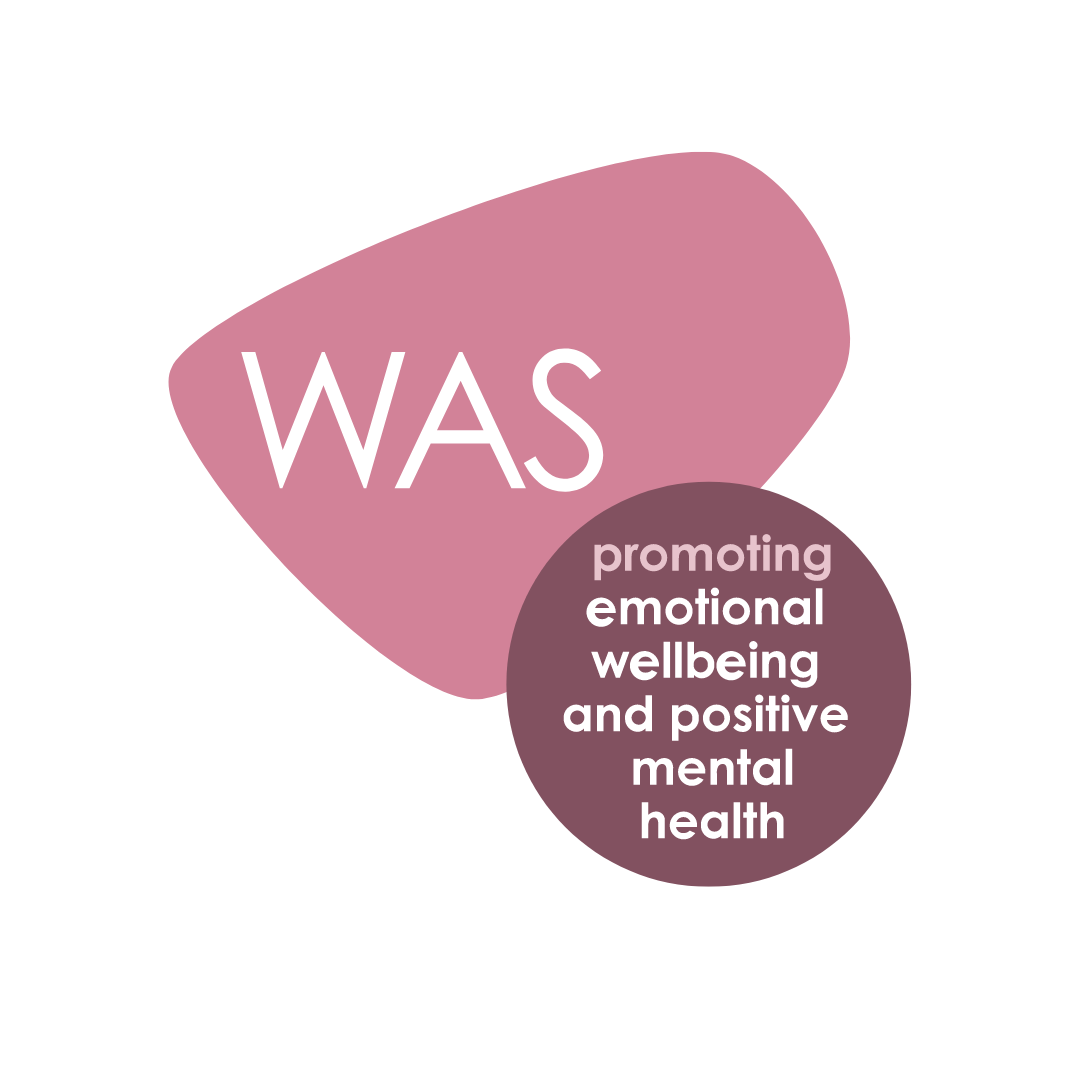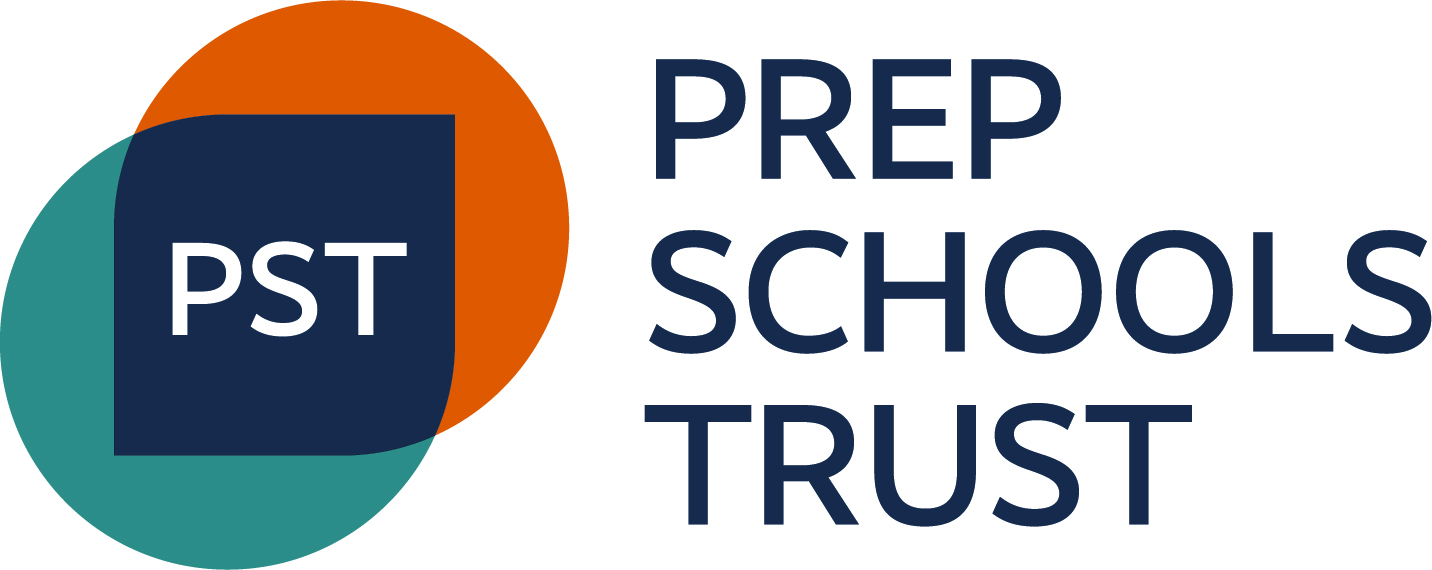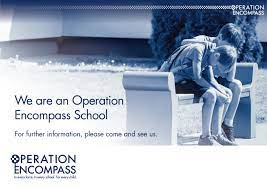The Development of Self Esteem in The Early Years

At Mowden Hall one of our core values is to ensure we put our children first, with a clear focus on well being throughout the school. This ensures that Mowdenians grow up happily and honourably, with self-respect, confidence, a strong sense of responsibility and consideration for others and the wider community. It is therefore no surprise that one of our prime areas in Early Years is to focus on the children’s Personal Social and Emotional Development (PSED) supporting the children to have a positive sense of themselves, respect for others, social skills, emotional well-being and a positive disposition to learning. These are all crucial for school readiness.
PSED is about children:
-
developing confidence and independence
-
making friends and getting on with others
-
learning about right and wrong
-
self-regulating their emotions
-
understanding about their own and others’ feelings
-
feeling good about themselves
-
being interested, excited and motivated about their play and learning
-
gaining self-respect for themselves
-
developing respect for their own culture and beliefs and those of others
Now, more than ever, we as teachers need to ensure that the children’s PSED is at the forefront of our practise, ensuring we consider the children’s emotional needs. So, how do they develop security, confidence and a high level of self-esteem? Essentially young children need to feel that:
-
Someone cares for them:
Strong, close, positive and consistent relationships within the EYFS are vital. This is something we strive to achieve at Mowden Hall as it is through these relationships that children develop a feeling of security and self-confidence begins to develop. Building these strong relationships between staff and children takes time, understanding and skillful interaction. Supporting a child as they play, teaching new skills and challenging their thinking are key aspects of what we do in EYFS.
-
Children’s interests are recognised
Building a learning environment around what we know will fascinate young children will be a crucial first step in recognising and valuing their interests. Children will then naturally want to: move freely; communicate their ideas and ask questions; represent and make things; tell stories and imagine. In Early Years we take a child-centered approach, focusing on the children’s interests, experiences and abilities. We ensure the learning environment is relevant and engaging as well as providing the children with lots of open-ended materials that can be used for an endless variety of purposes. This enables every child the opportunity to express their interests and ideas whatever they may be. Helping children to feel like an expert in the environment that we have created for them is crucial in nurturing their self- esteem. As teachers, we truly value the child’s voice and ensure that we provide plenty of opportunities for them to talk and celebrate their achievements. Engaging with children’s questions, observations and responses provides a rich context for teaching and learning and, just as crucially, builds children’s self- esteem and positive identity within the group.
-
Children’s feelings are considered and their ways of doing things are valued
For both adults and children, confidence and security are often built on familiarity. Making sure children know where everything is in the setting offers them continuity and consistency. This supports children to use the environment independently and return to areas of the classroom that interest them most. A predictable routine encourages a secure sense of self. Our role is to ensure we build strong relationships with the children by valuing their interests, mirroring their play and supporting them sensitively to be successful in carrying out their own ideas will be more successful in building trust and will also lay strong foundations for future learning.
EYFS reviews and revised frameworks may come and go but Personal, Social and Emotional Development has always been and will remain to be at the heart of what we do. Strong, effective practice is built on, year after year, by teachers in our EYFS who understand and value young children’s interests and fascinations and build respectful relationships for learning together.









